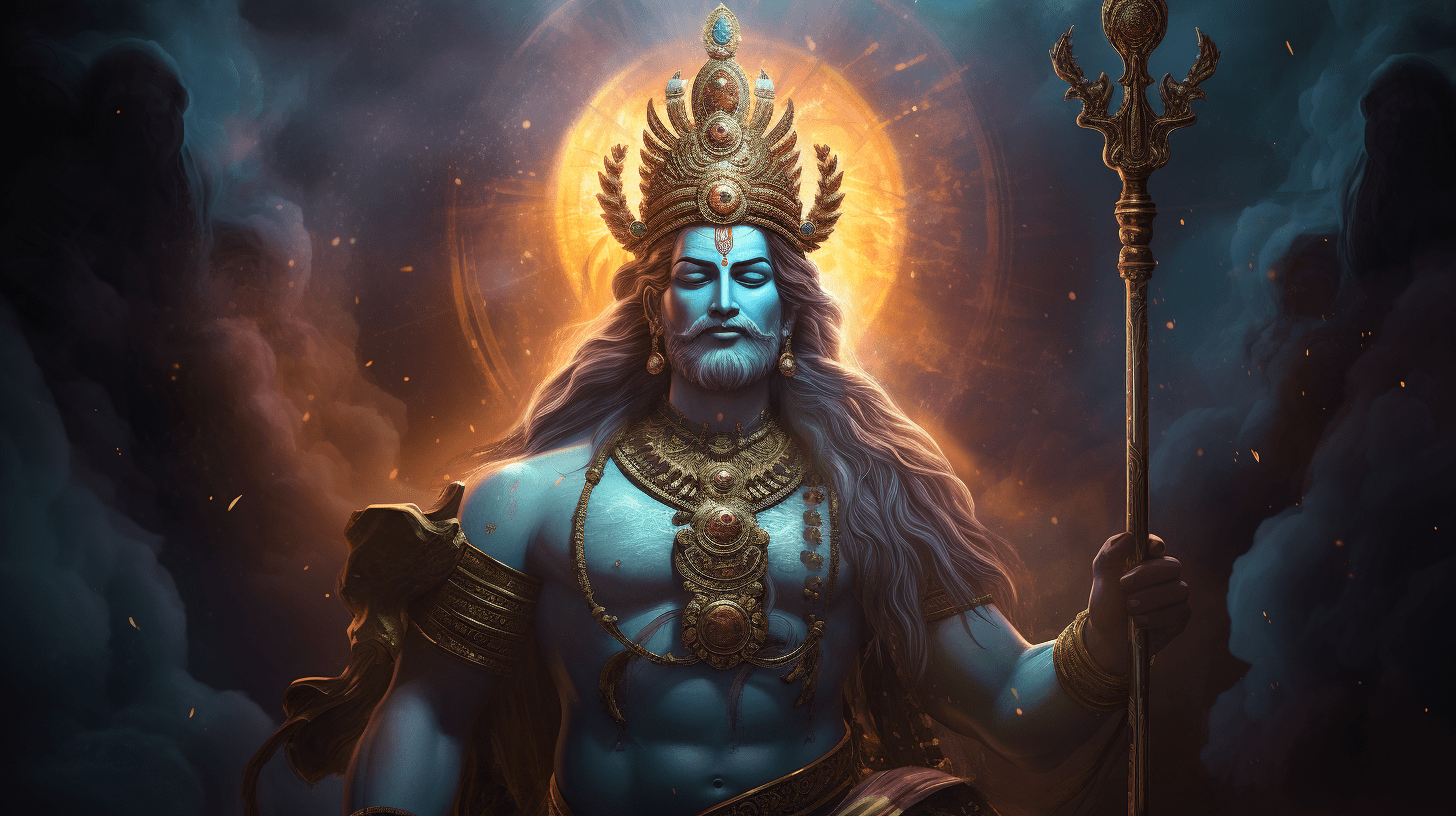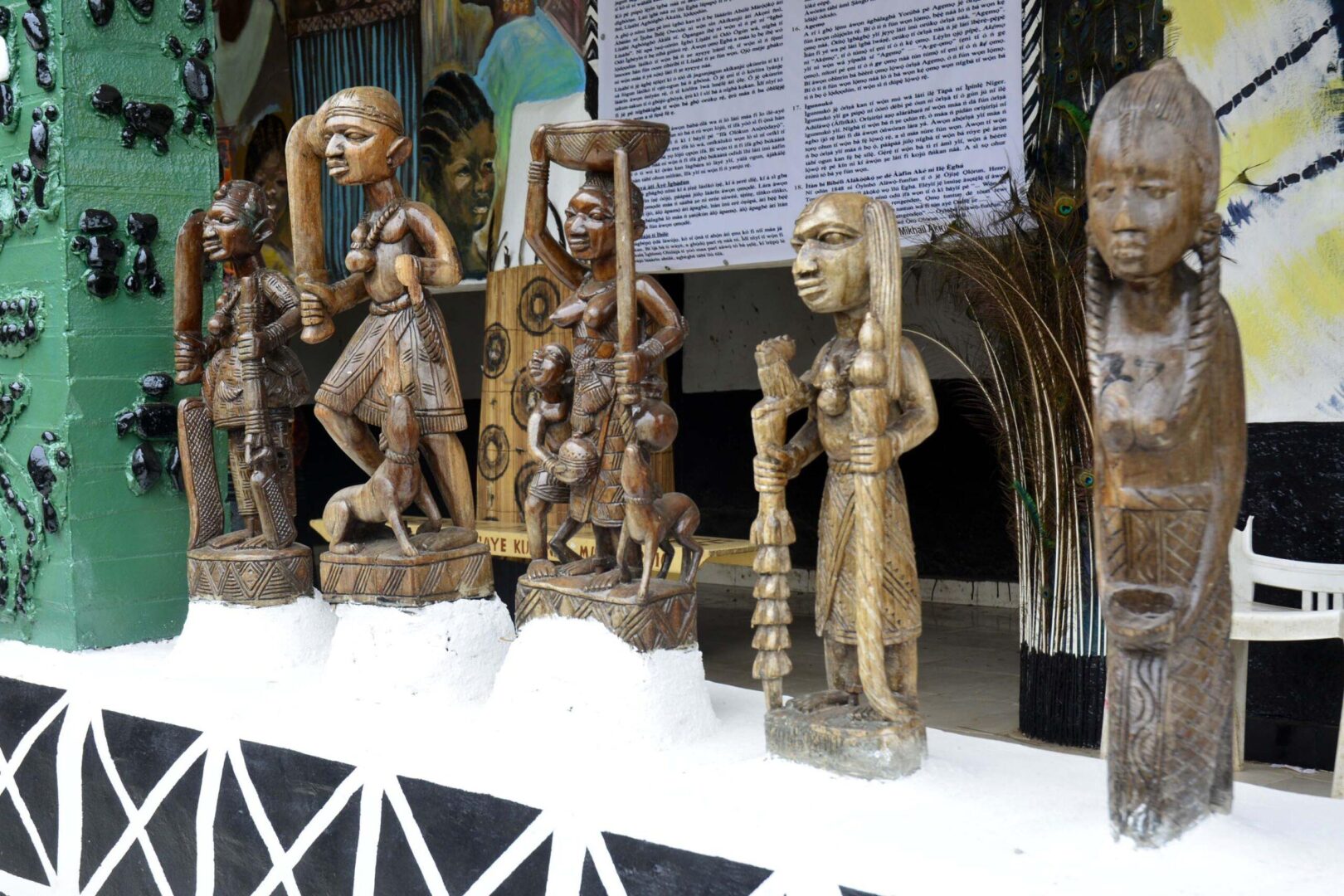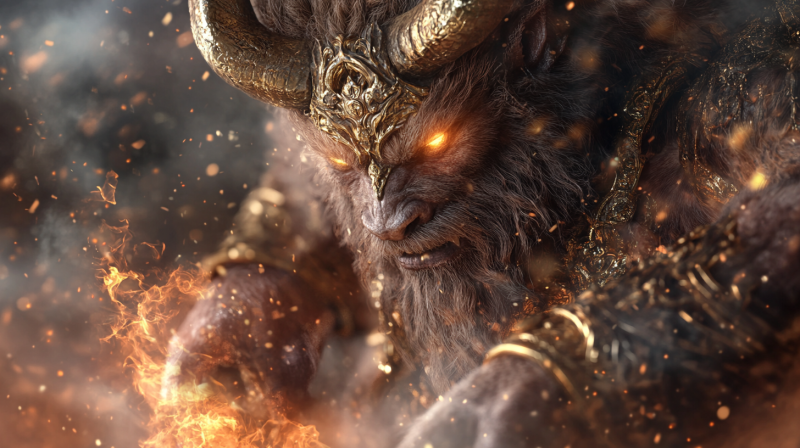The Enigmatic Tale of Meng Po: Unveiling the Secrets of Chinese Mythology
In Chinese mythology, the afterlife is a fascinating realm filled with various deities and supernatural beings. One such figure is Meng Po, whose role is closely associated with the journey of souls after death. Known as the “Lady of Forgetfulness,” Meng Po plays a crucial role in preparing souls for their reincarnation. Join us as we explore the origins, significance, and symbolism surrounding Meng Po, shedding light on this enigmatic character from Chinese folklore.
The Legend of Meng Po
According to Chinese mythology, the journey of souls is a cyclical process. According to popular belief, a person’s soul departs from this world and enters the realm of the dead, where the King of Hell will judge it. The soul’s actions and deeds in their previous life will determine their fate in the afterlife. After the judgment, the soul must then cross the Bridge of Forgetfulness, where Meng Po awaits.
Meng Po is a deity or spirit responsible for erasing the memories of souls before they are reincarnated. The story goes that when a person dies, their soul arrives at the Bridge of Forgetfulness in the underworld, known as Diyu. It is at this bridge that Meng Po resides, offering a unique and essential service to the departing souls.
Meng Po & The Soup of Oblivion
As souls approach the Bridge of Forgetfulness, Meng Po serves them a bowl of a special soup called the Soup of Oblivion. The Soup of Oblivion is a mixture made from a unique blend of herbs and spices that has the power to erase all memories of the soul’s previous life. It is said that the taste of the soup is bittersweet, symbolizing the loss of memories but also the promise of a new beginning. This act of forgetting is seen as a necessary step for the soul to be ready for reincarnation. By consuming the Soup of Oblivion, the soul is cleansed of its past experiences, allowing it to embark on a fresh journey in its new life.
Symbolism and Significance
Meng Po’s significance extends beyond her role as a forgetfulness deity. She is also responsible for maintaining the cycle of reincarnation. After a soul has drunk the soup, Meng Po uses a special brush to mark the soul’s forehead with a symbol that represents the life it is about to enter. This symbol acts as a guide for the soul, helping it find its new destiny in the mortal world. Symbolically, Meng Po represents the cyclical nature of life and death in Chinese culture. The act of forgetting past lives signifies the opportunity for renewal and personal growth in each incarnation. It emphasizes the concept of karma, as individuals have the chance to learn from past mistakes and accumulate positive experiences in subsequent lives.
Furthermore, Meng Po’s soup is often seen as a metaphor for the transformative power of letting go. Just as the soup wipes away memories, it encourages individuals to release attachments and free themselves from the burdens of the past. This process aligns with the principles of Buddhism, which greatly influenced Chinese mythology.
Cultural Depictions of Meng Po
Meng Po’s captivating character has found its way into various forms of Chinese art and literature. She is often depicted as an elderly woman, wearing tattered robes and holding a ladle to serve the Soup of Oblivion. Paintings, sculptures, and even opera performances depict Meng Po and the Bridge of Forgetfulness, highlighting her importance in Chinese mythology.
As we conclude our exploration of the mesmerizing tale of Meng Po, we have gained insight into the intricate world of Chinese mythology. The legend of Meng Po and her role in the afterlife reflect the profound beliefs and values of the Chinese people. This captivating deity not only serves as a guardian of the cycle of life and death but also symbolizes the power of renewal and the importance of releasing past burdens. The story of Meng Po continues to inspire and captivate audiences, preserving the rich cultural heritage of ancient China.





